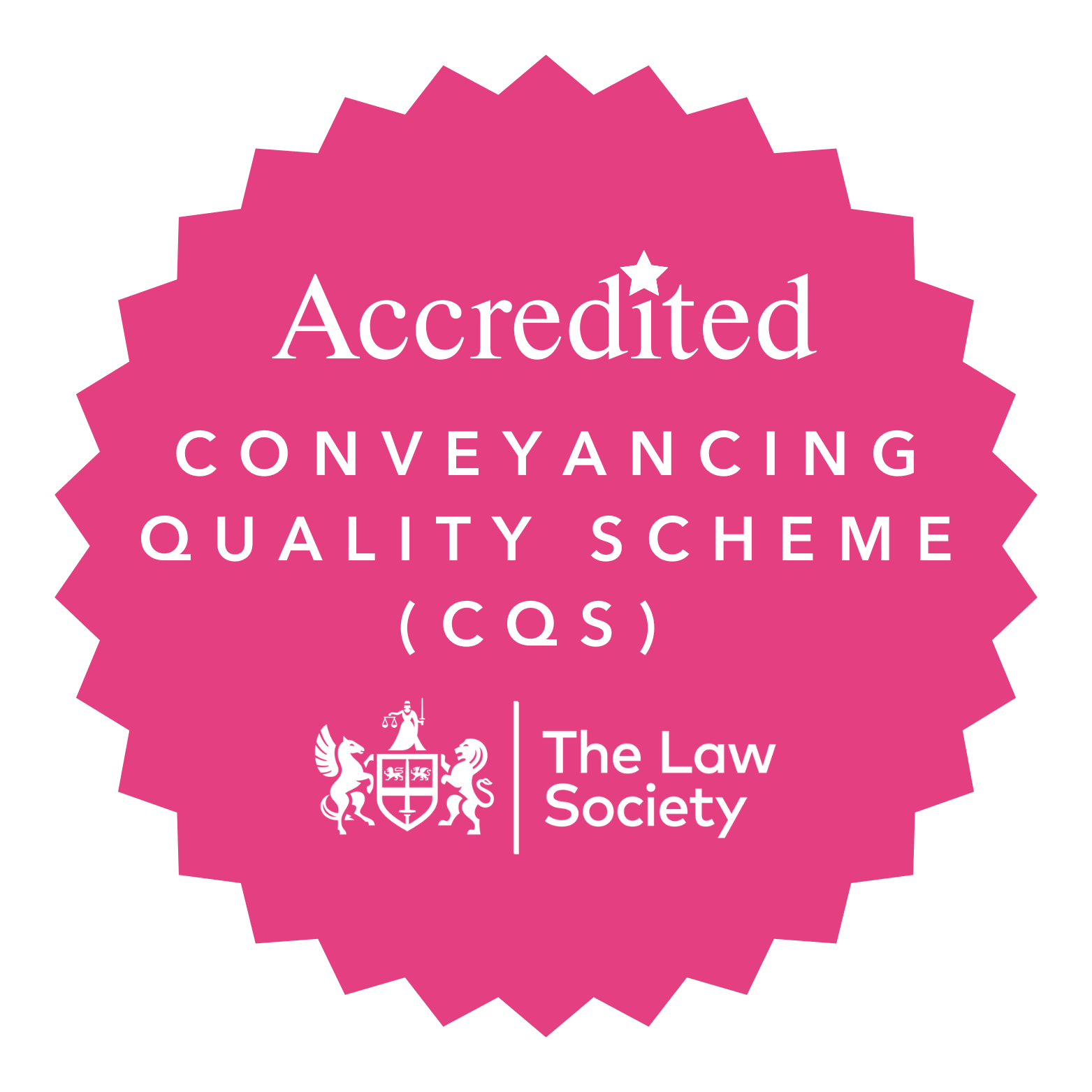For Your Business
Employment Tribunal
How to defend an Employment Tribunal Claim
If your organisation is faced with a Tribunal Claim, you need to act swiftly to protect your business and minimise potential damage.
Strict time limits apply, so it makes sense to seek professional advice at an early stage. Defending a tribunal case can be time-consuming, emotionally draining and attract negative publicity.We have the experience to help you through the process and can tailor the level of support we provide to suit your organisations resources and budget.
We represent clients at the Employment Tribunal and Employment Appeal Tribunal as well as in the civil courts.
Our solicitors are experienced litigators who have defended and pursued many claims throughout the course of their careers.We aim to keep our clients out of the courts and Tribunal by providing proactive from the outset advice which reduces the likelihood of a claim.We will provide a realistic assessment of the possible outcomes and costs. If we feel that it makes commercial sense to settle a claim, we will tell you so. We can advise on when settlement may be your best option and what level of payment would be appropriate.
However sometimes an employee will be determined to 'have their day in court' and sometimes an employer will want to 'fight' as a matter of principle.Should the case go to a court or Tribunal. we will robustly defend the claim on behalf of your organisation.
Defending an Employment Tribunal claim
As soon as you receive notice that an employee has filed one or more claims in the Employment Tribunal against you or your company,you should seek advice.It’s a good idea to get an employment solicitor to advise you on the correct procedure before you begin the process. This way you can ensure you remain compliant with tribunal procedure and the law and deal with the claims fairly and properly.
What are the steps to take in defending an Employment Tribunal claim?
Time limits apply - you have 28 days from the date that the Employment Tribunal sent a copy of the claim form to you.
Make a note of this date in your diary and do not miss it. The notice of the claim will also include other dates and deadlines that you should diarise. You need to check which claims are being made, whether ACAS early conciliation requirements have been complied with, what the claimant's employment status is. You also need to establish whether in fact they are they’re able to bring the claim(s), whether the claim(s) are in time and any other jurisdiction or applicable law issues.
These questions can be complex and can determine the likelihood of success of the claim at the beginning. This is why it's advisable to obtain specialist legal advice from the start.
You also need to gather together all relevant documentation and information.
How to respond to an Employment Tribunal claim
The response must be submitted to the Employment Tribunal within 28 days of them sending a copy of the claim form to you).
It should be completed using the ET3 form, which is a standard form and will usually require grounds of response to be attached, addressing each paragraph and claim.
Your response is critical in setting the course of the claim. It should detail the legal, factual and jurisdictional issues that the Tribunal will need to determine. This is why legal advice is recommended from the outset.
What happens next in the Employment Tribunal Process?
These are the stages in an employment tribunal process:
- Preliminary hearing – This usually deals with administrative issues, such as dates and further directions to prepare and progress the case up to the final hearing as well as the issues to be determined at final hearing. It can also resolve preliminary questions, such as jurisdiction issues, whether the claim (or part of it) should be struck out, or whether a deposit order should be made (a payment into the Tribunal to continue the claim, usually by the Claimant).
- Disclosure – Both parties must disclose to Tribunal and the other party all the documents they have that are relevant to the case. This can be a time consuming and painstaking exercise. A specialist employment solicitor acn advise what information should be disclosed and what should not be disclosed.
- Hearing bundle – Usually the employer is ordered by the Employment Tribunal hearing bundle. The bundle is simply a collection of documents/evidence relevant to the proceedings. It may include witness statements.
- Witness statements – once witnesses have been identified, they will need to prepare a statement.
- Final hearing - for this the bundle must be finalised, checked and properly numbered. It may be appropriate to instruct a barrister for this hearing, or it may be that your solicitor will represent you. This depends on a number of factors. Your legal representative will prepare a skeleton argument and ensure that your witnesses are prepared for the hearing so they know what to expect.
If a current or former employee has issued an employment claim against your business speak to our experienced employment solicitors about your defence.
For further details of our service, contact us on 01827 317070 or email employment@pickerings-solicitors.com



